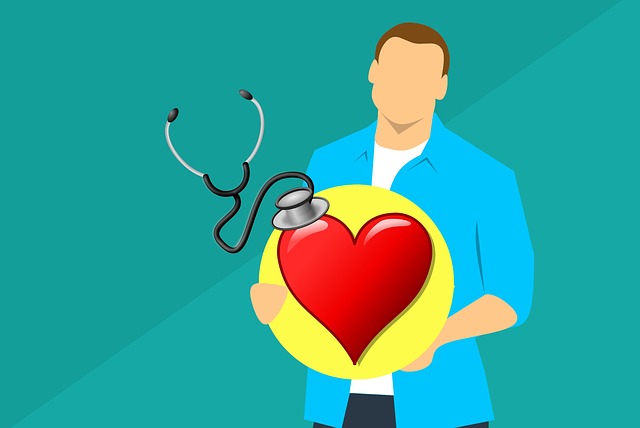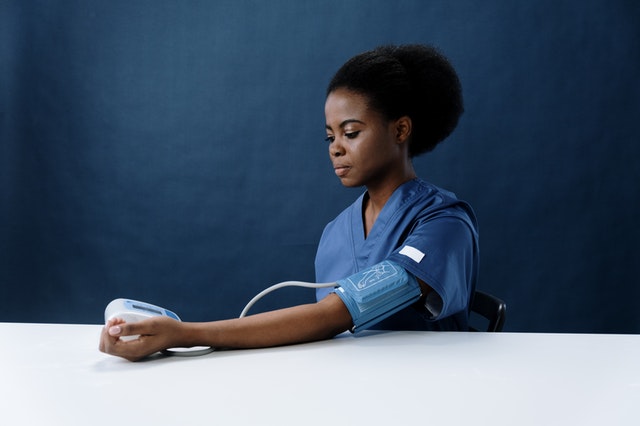Hypertension or High Blood Pressure: Why You Should Not Take this Condition Lightly
Hypertension or high blood pressure is an invisible enemy of people's health. Because of this, you need to understand the implications for your health and take immediate action to maintain healthy blood pressure.
Your blood pressure fluctuates normally. It tends to go down when you're sleeping or relaxed, getting up in the morning, and increasing when you're excited, engaging in strenuous activity, or under stress.
However, if your blood pressure rises even when you are at rest, it can scar and weaken your blood vessels, increasing your risk of a heart attack, stroke, vision loss, heart failure, and even kidney problems.
Therefore, it is important to see your doctor regularly for treatment for high blood pressure. High blood pressure can be a warning sign of more serious problems. This disease can make things worse.
Causes and Risk Factors for High Blood Pressure
Smokers, overweight people, and people who have a low-fiber diet, have a sedentary lifestyle, regularly consume a lot of alcohol and live with chronic stress are at high risk of high blood pressure. Your genes, race, and age can also play a role.
In some cases, high blood pressure can be caused by an existing medical condition. Examples are some heart defects, pregnancy-induced hypertension, and kidney disease. Often times, solving the existing medical condition is the key to normalizing a person's blood pressure.
How uncontrolled high blood pressure can affect your health

Photo credit: Pixabay
If left untreated, high blood pressure can lead to the following health problems:
- Heart attack and stroke. High blood pressure can damage the walls of your arteries. As a result, plaque deposits can form that harden, block, and narrow your arteries. Such debris can also lead to blood clots that flow through the bloodstream and block blood flow to your brain or heart, resulting in a heart attack or stroke.
- Chest pain. This health condition occurs when your heart is not getting the blood it needs to function normally. When you go uphill, exercise, or climb stairs and have high blood pressure, you may feel pain, bruises, and pressure in your chest.
- Heart defect. Hardened or narrowed arteries can cause your heart to work harder than it used to. Such an increase in workload can lead to it growing in size and not getting the blood that your most important organs need.
- Kidney damage. High blood pressure can damage the arteries around the kidneys and make them less efficient. This can lead to kidney failure in worse cases.
- Vision problems. Elevated blood pressure levels can damage the small blood vessels in your eyes. It can also lead to a swollen optic nerve. High blood pressure can lead to permanent vision loss.
Diagnosis and treatment
If you have high blood pressure, your doctor may recommend lifestyle changes, medication, or both, depending on the severity of your condition. If your blood pressure is slightly elevated, lifestyle changes can be the first step. Losing weight means decreasing the amount of sodium in your body, which improves your diet. The following drugs are often prescribed for high blood pressure:
- Beta blockers. These high blood sugar drugs lower your heart rate and blood volume, and lower your blood pressure.
- These drugs help your body eliminate excess water and sodium.
- They loosen constricted blood vessels.
The right medication for you depends on your doctor. Sometimes your doctor may prescribe more than one drug because you may need different drugs that work on different mechanisms.
Your GP can prescribe lower doses of medication and minimize the chance of side effects by combining several medications.
Living with high blood pressure

Image credit: Pexels
Often there are no symptoms with high blood pressure. Because of this, it can be difficult to keep up with your lifestyle changes and medications.
The following can help you maintain your commitment to daily monitoring of your blood pressure:
- Use a medication reminder. To make sure you don't miss a dose of your medication, use a daily pill dispenser or a pill bottle that will beep when it's time to take your next dose. Remember that one mistake can increase your risk of heart disease and stroke.
- Monitor your blood pressure at home. Invest in a home blood pressure monitor so you know if your lifestyle is changing and medications will help.
- Visit your doctor as recommended. It doesn't matter whether your doctor recommends you don't miss your appointments every three or six months. If your doctor determines that your medications and lifestyle changes are working, they may reduce the recommended frequency of your visits.
Small changes to your daily habits like eating a low-sodium diet, getting regular exercise and quitting smoking, maintaining a healthy weight, and limiting alcohol consumption can help lower your blood pressure.
And if you have a prescription, make sure you take it as directed. High blood pressure should be taken seriously and you can lower your risk of serious complications if you follow your doctor's treatment instructions.
About the author:
Ravi Sanghvi is a professional blogger outreach service provider. He loved writing and reading blogs. He works for Backlinks Media and they have a good knowledge of link building and content writing. You can contact me on Facebook.
Comments are closed.